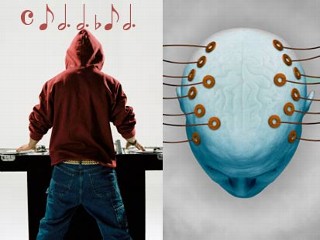 This photo of U2 lead singer Bono, shot during U2's Rose Bowl show on October 25, by amateur photographer Bruce Heavin, was taken with a Canon PowerShot G11, and is representative of the high-quality pictures that ticket-holders can easily take these days at concerts and other events with point-and-shoot cameras. Note the people in the picture snapping their own images of Bono. (Credit: Flickr user Bruce Heavin)
This photo of U2 lead singer Bono, shot during U2's Rose Bowl show on October 25, by amateur photographer Bruce Heavin, was taken with a Canon PowerShot G11, and is representative of the high-quality pictures that ticket-holders can easily take these days at concerts and other events with point-and-shoot cameras. Note the people in the picture snapping their own images of Bono. (Credit: Flickr user Bruce Heavin)From CNET:
At last month's huge U2 show at the Rose Bowl in Pasadena, Calif., how could you tell the difference between the professional photographers and your average amateurs?
Answer: the professionals were the ones whisked away after Bono and friends finished their third song, and the amateurs were still there, happily shooting to their heart's content.
Nearly every person at any show these days is going to have some form of camera with them, be it a point-and-shoot, an iPhone or some other camera phone, and it seems that there is almost no way to imagine keeping all those devices out.
Read more ....


















